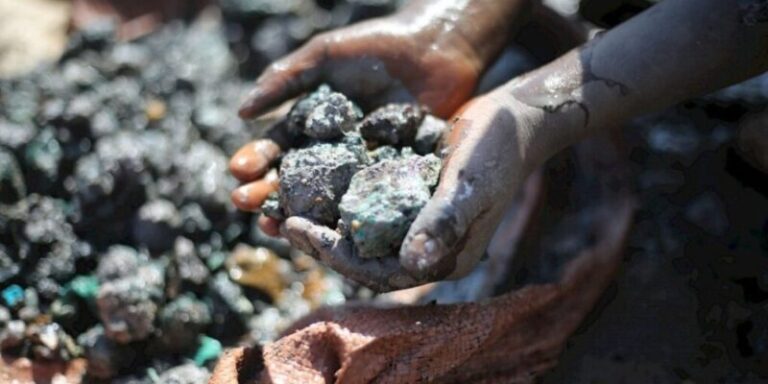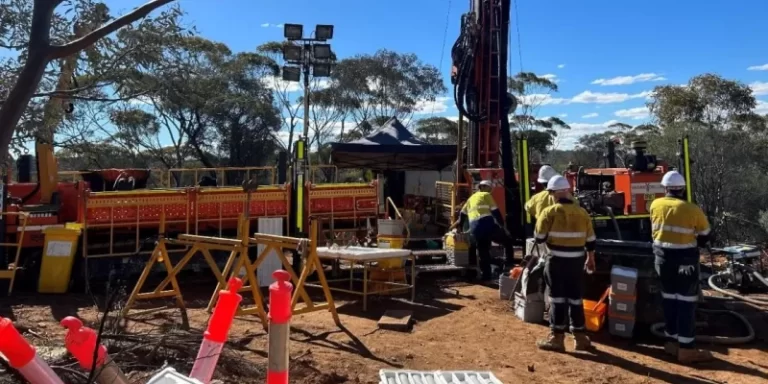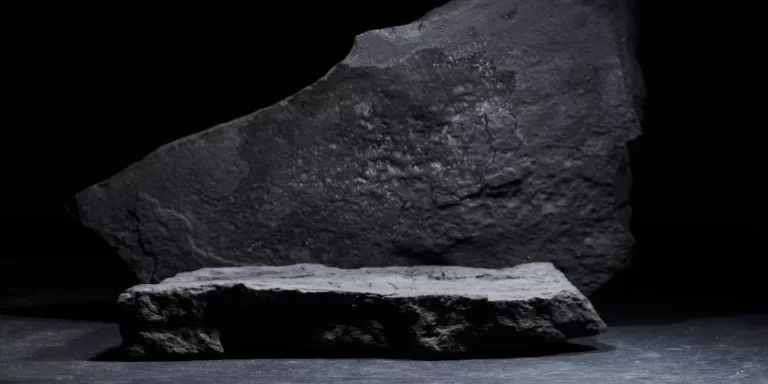
Copper and cobalt, two metals with a rich history in the traditional metal industry, have found a new and vital role in the modern world.
Beyond their conventional uses, these metals have become crucial components in the production of rechargeable batteries, which are the lifeblood of the electric vehicle (EV) and portable device industries.
This shift has thrust the Democratic Republic of Congo (DRC) into the spotlight, as it contributes significantly to the global supply of both copper and cobalt.
In this article, we look at the significance of copper and cobalt in the context of emerging battery technologies and explore the pivotal role played by the DRC in this evolving landscape.
Copper: The Conductor of Energy
Copper, renowned for its excellent electrical conductivity, has been a mainstay in electrical wiring and circuitry for decades. However, its importance has now extended beyond its traditional applications.
The adoption of electric vehicles, renewable energy sources, and high-performance electronics has led to an unprecedented surge in demand for copper.
The conductive properties of copper make it an ideal material for the electrical components of rechargeable batteries. Lithium-ion batteries, which power most modern EVs and portable devices, rely on copper for their internal wiring and current collectors. With the global push towards greener transportation and sustainable energy solutions, the demand for copper is set to soar further.
Cobalt: The Catalyst for Battery Evolution
Cobalt, although used in various industries, has gained newfound fame as a critical element in lithium-ion batteries. Its role in these batteries is irreplaceable, as cobalt plays a significant part in enhancing battery stability, energy density, and overall performance.
Cobalt-containing cathodes have become the cornerstone of high-energy-density lithium-ion batteries, making them an indispensable choice for EV manufacturers.
The Democratic Republic of Congo’s Dominance
The Democratic Republic of Congo has emerged as a key player in the global supply chain of both copper and cobalt. The nation is responsible for approximately 60% of global cobalt production and ranks among the top five global copper producers.
The DRC’s vast mineral wealth has made it the epicenter of this crucial industry, with multinational corporations heavily invested in its mining operations.
However, this prominence also brings with it challenges related to ethical mining practices and sustainability. Ensuring that the extraction of these minerals benefits the local population and the environment is a pressing concern for both the DRC government and international stakeholders.
While copper and cobalt are at the forefront of the energy transition, there are challenges that need to be addressed. The ethical concerns surrounding mining practices in the DRC, as well as the geopolitical tensions surrounding the supply of these metals, highlight the need for greater transparency and sustainability in the industry.
In response to these challenges, many industries are actively seeking alternatives and innovations to reduce their reliance on cobalt and copper.
Research into new battery chemistries, such as solid-state batteries and alternative cathode materials, aims to lessen the dependence on these metals.
Copper and cobalt have transcended their traditional roles in the metal industry to become indispensable components of the rechargeable battery market, driving the future of electric vehicles and portable electronics.
The Democratic Republic of Congo’s pivotal role in the supply chain underscores the need for responsible mining practices and ethical sourcing.
As we navigate the transition to a greener and more electrified world, the significance of copper and cobalt cannot be overstated.
Their contributions to the development of advanced battery technologies will shape the future of energy storage and transportation, making them vital elements in our quest for a sustainable and efficient future.





